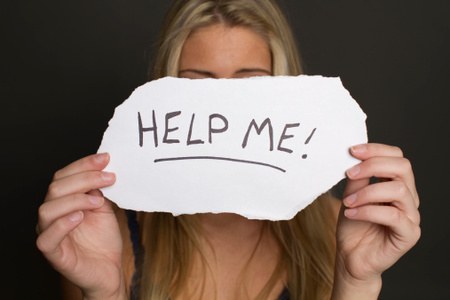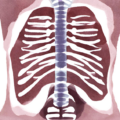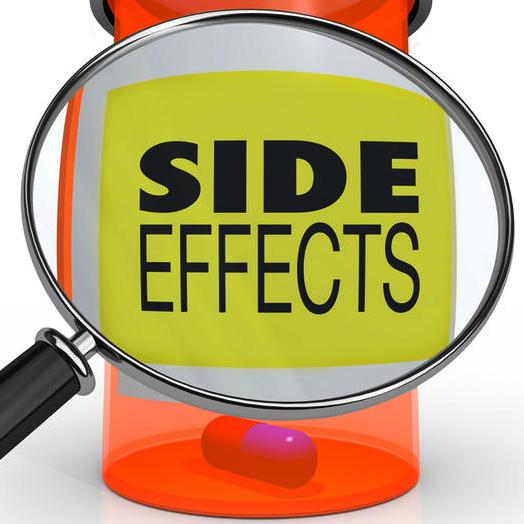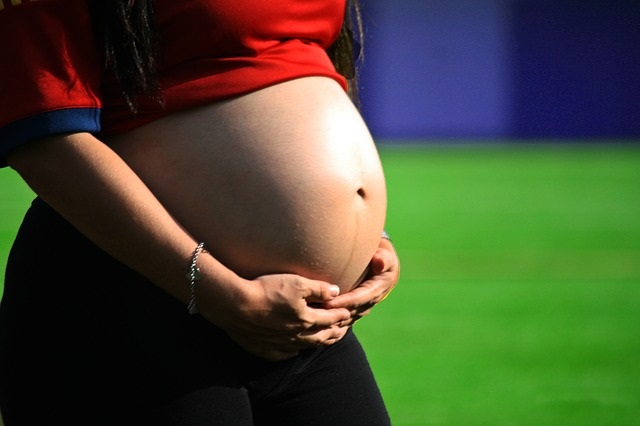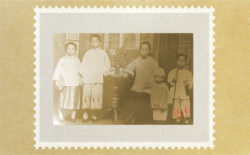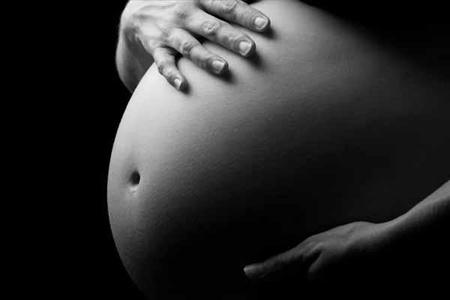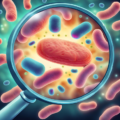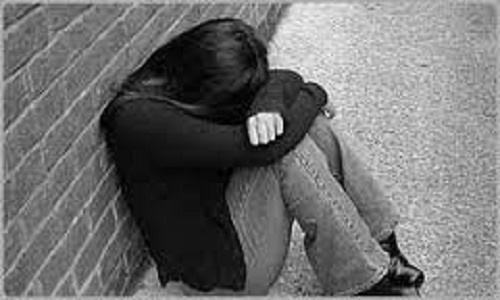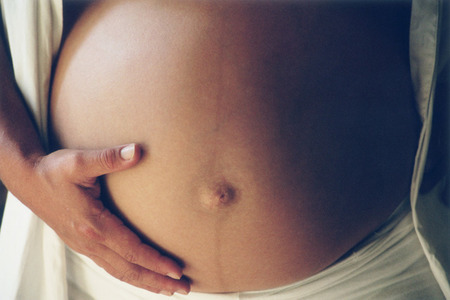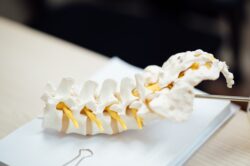It was a regular morning. I was drinking tea and checking my emails and Facebook messages, getting started with my work day. A Facebook notification flitted across my page cheerily: “It’s your friend’s birthday. Wish her a happy birthday. Help her celebrate!” Suddenly my day took a different turn. I did write on my friend’s Facebook wall, but she will never see it. She had committed suicide 8 months earlier because of daily, severe, chronic pelvic pain associated with endometriosis.
My friend’s story is, sadly, not that uncommon. We know from published research studies that the incidence of depression and anxiety in women with endometriosis is high. No formal research studies have addressed the incidence of suicide in this population, but in a survey done by Endometriosis UK, they found that 25 percent of women with endometriosis had contemplated suicide. I personally am familiar with several such tragic stories.
My friend, like most women with endo, had a long delay before being diagnosed, and then had a lot of ineffective treatment after that. She eventually had excision surgery and a hysterectomy, but complications of that surgery caused her to have severe daily pain afterwards. Although the best endometriosis surgeons will continue following their patients post-surgery and help them sort out continuing pain problems, some surgeons will wash their hands of pain that persists after surgery. My friend tried hard to get doctors to listen to her and help her, but in the end she was left alone with daily suffering, and ultimately, she couldn’t deal with it any more. As Nancy Petersen, endometriosis advocate and RN, has said: “Endometriosis is not fatal, but despair can be.”
We have a long way to go to change the way our health care system deals with endometriosis, which is currently failing many women with this disease. From long delays in diagnosis, to persistence of medical misinformation about the disease, to poor access to quality multidisciplinary care—all of these areas and more need improvement. In the meantime, women are still suffering, feeling like their quality of life will never improve, and feeling hopeless and depressed about their futures.
I want to urge women feeling severely depressed or having suicidal thoughts to speak up to someone about how they are feeling. It is not a sign of weakness to say you are having trouble coping, feeling depressed, or overwhelmed. Many women with endometriosis deal with a whole lot of crap on a daily basis, and most human beings have their limits on how much crap they can endure. Please confide in a friend or family member, or your doctor. If you prefer to talk to someone who doesn’t know you, click here for a list of international suicide helplines. Your family and friends do not want to lose you.
If you are the friend or family member of someone who has told you they are suicidal or who has expressed suicidal thoughts, please insist that they seek professional help even if they don’t want to. You can help them by listening empathetically and non-judgementally, but anyone in a crisis needs professional help. If you need assistance in finding an appropriate professional, you can reach out to a local endometriosis organization, or to local suicide distress centers.
Despite my friend’s daily struggles, she always had a kind uplifting word for others. She signed most of her messages to me with “gentle hugs.” In her memory, I would like to extend gentle hugs to everyone struggling with depression as a result of pain or illness.
